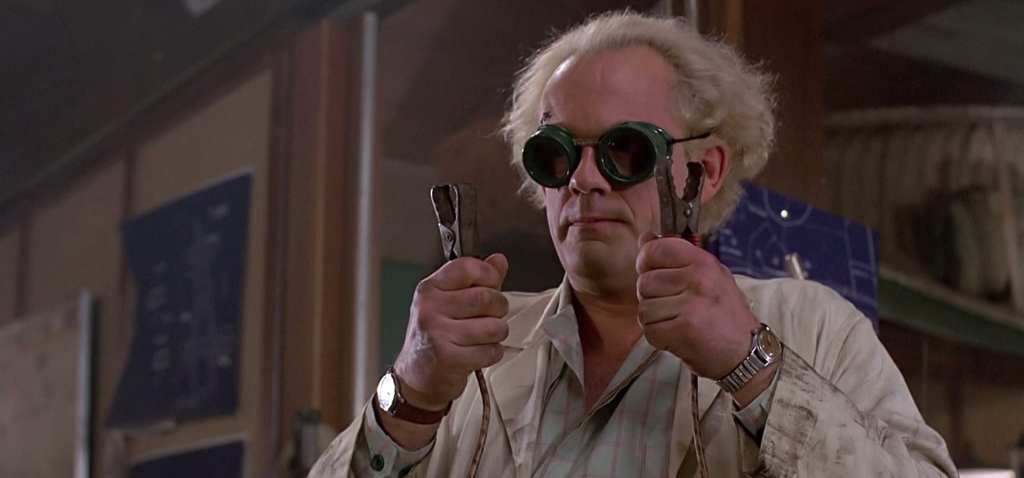Trending Now
2017 was a rough year for a lot of people, and starting and maintaining a business is never an easy venture. Something like half of all new businesses end belly up in a short amount of time, and sadly for these 8 startups, they were in the losing half.
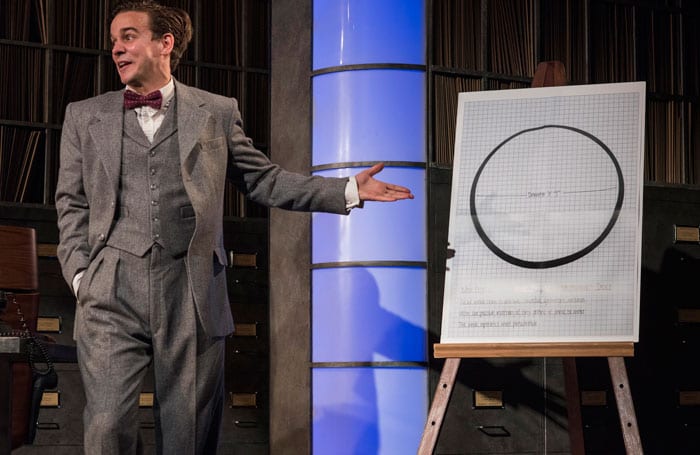
Photo Credit: Warner Bros.
RIP.
#8. Luxe
You’d think that a company that valeted your car to a parking spot on demand would do well, especially somewhere like San Francisco, where you could literally die while waiting to find a place to leave your car. Despite raising $75 million of capital, they were forced to close their operations and sell their assets to Volvo.

Photo Credit: Twitter, @luxevalet
#7. HomeHero
This business used 1099 employees (contractors) to care for elderly people in their homes, but even though they were doing well financially, they folded after being sued over a federal mandate that requires home healthcare workers to be W2 employees with benefits.
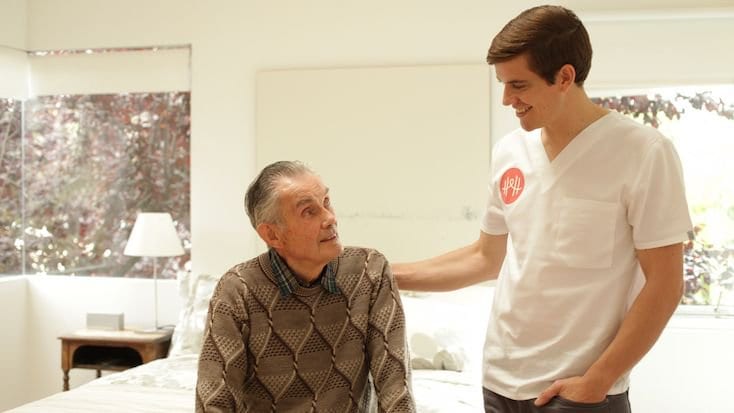
Photo Credit: Twitter, @HomeHero
Guess they wanted to keep their profit.
#6. Snap Spectacles
In the tradition of Google Glass…no one wants smart sunglasses. Total lack of interest led to a loss of $40 million and a pile of unsold product.

Photo Credit: Wikipedia
#5. Yik Yak
Post-Twitter, -Instagram, and -Snapchat, breaking into the social media market has proven a tough task, and even though Yik Yak started out strong with the young crowd, they eventually had to fold after months of falling engagement numbers.
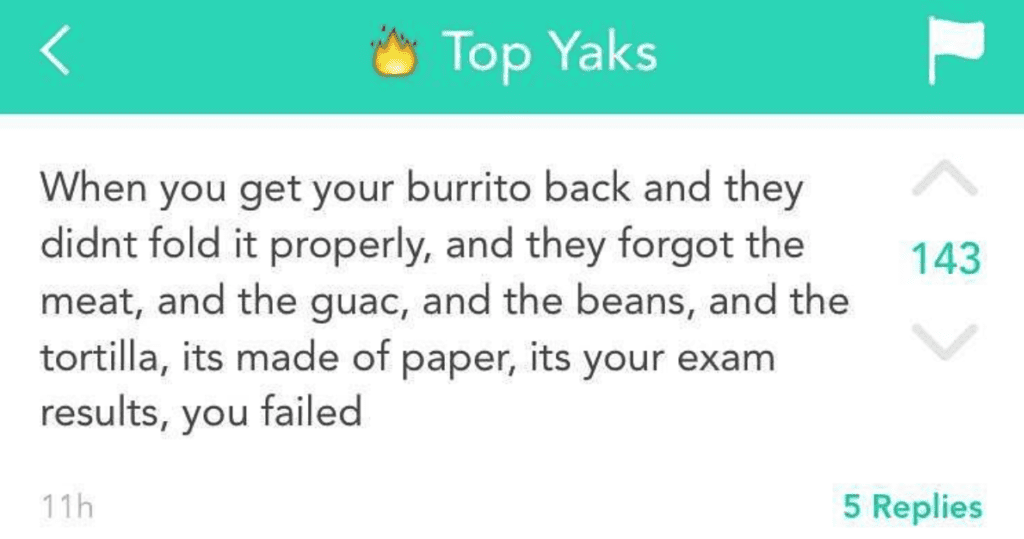
Photo Credit: Instagram, @yikyakapp
#4. Doppler Labs
CEO Noah Kraft thought he was going to make millions on his wireless headphones, but development and production delays meant his product hit the market after Apple’s AirPods – a very sad place to be, indeed.

Photo Credit: Wikipedia
#3. Maple (and Sprig)
It turns out that making AND delivering food is an expensive venture, which is why it’s typically limited to cheap-to-produce fare like pizza, Chinese, and sandwiches. Maple and Sprig were niche markets and attempting to deliver gourmet…for a few months, anyway.

Photo Credit: Twitter, @NerdGirlJess
#2. Hello
Hello’s flagship product, the Sense, sat by your bed and tracked your sleep patterns. It sold poorly and got lukewarm reviews from those who did purchase it (perhaps because everyone had a Fitbit and it did the same thing?), so despite a nice design, the company had to fold.
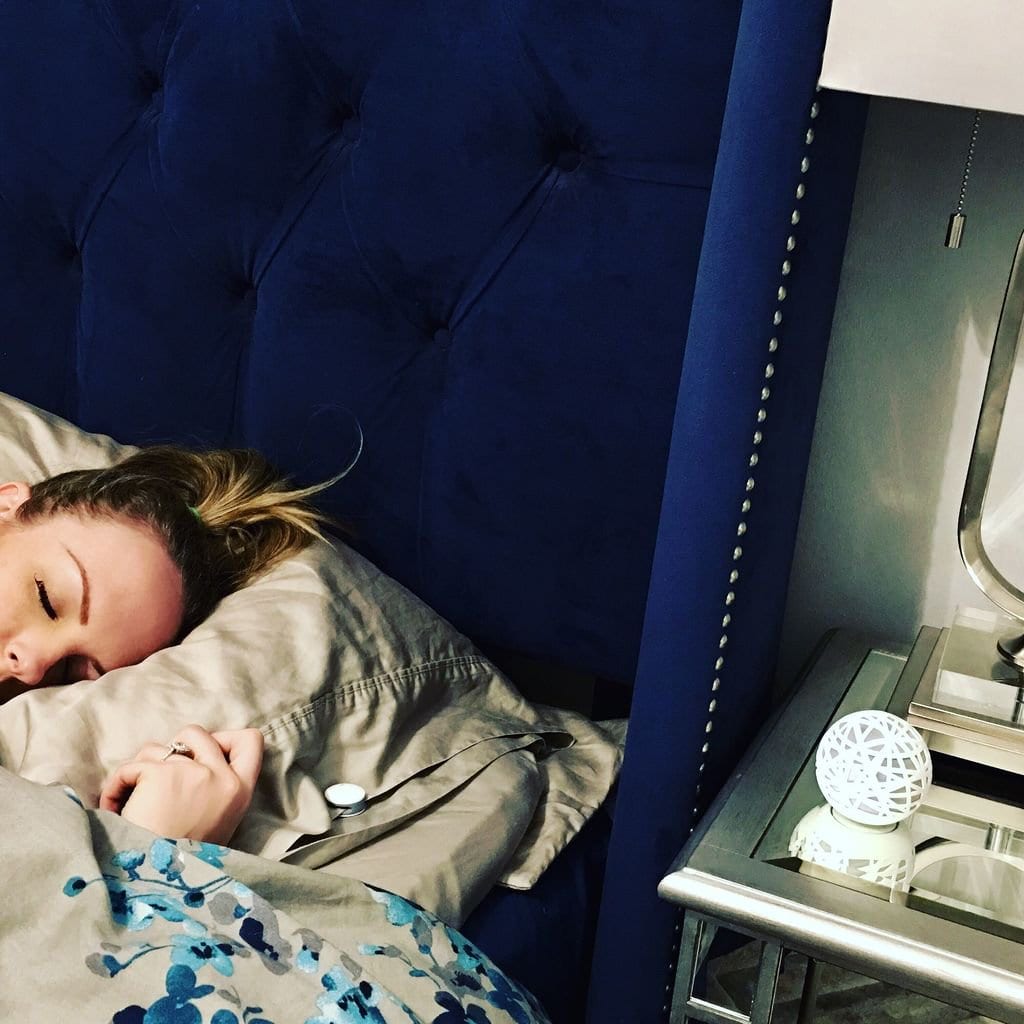
Photo Credit: Twitter, @sineadnorenius
#1. Jawbone
Founded in 1999, Jawbone got into the wearable fitness tracker market early, but they couldn’t survive competition with Fitbit and folded, despite once being valued at over $3 billion.
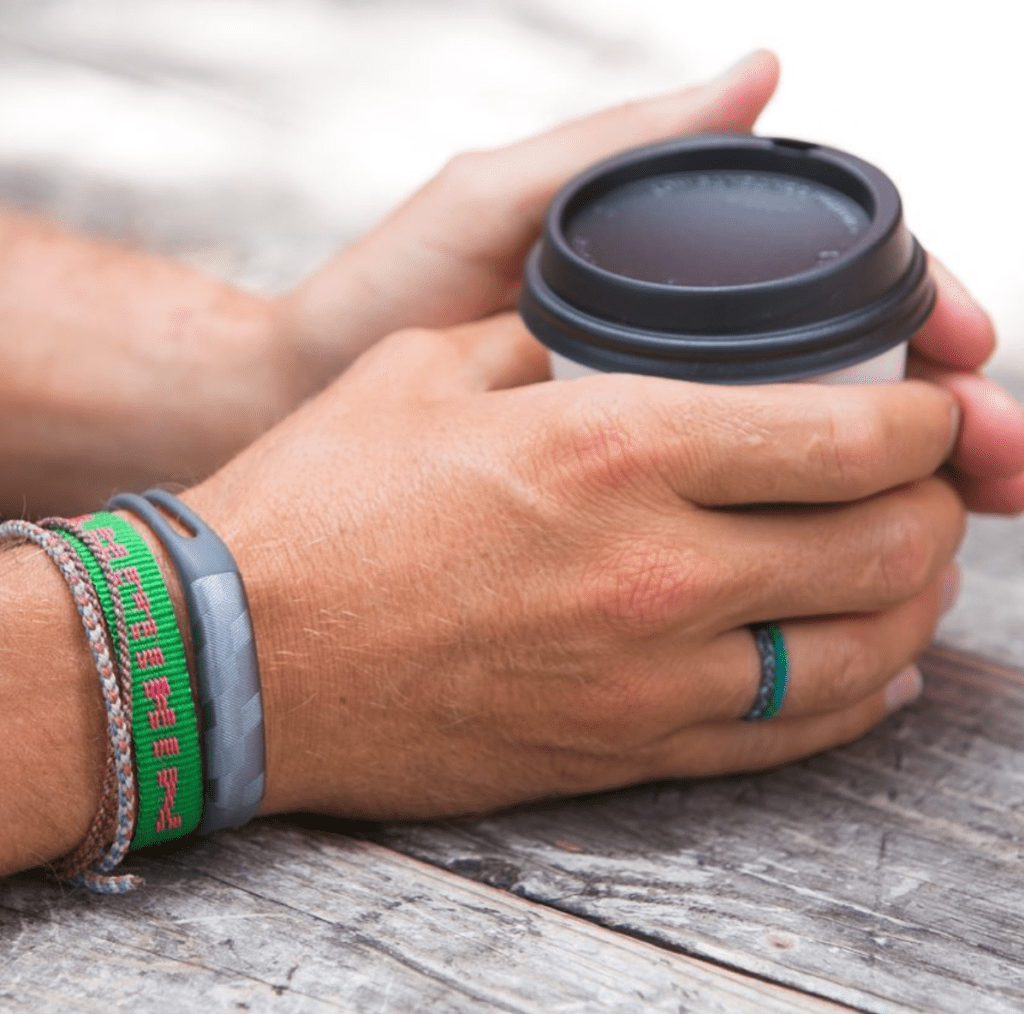
Photo Credit: Instagram, @jawbone
Bye bye!
h/t: Buzzfeed
We think you’d like these, too!
https://didyouknowfacts.com/5-facts-cell-phone-addiction-like-hooked-heroin/
https://didyouknowfacts.com/new-ceramic-smart-mug-will-always-keep-beverage-perfect-temperature/

